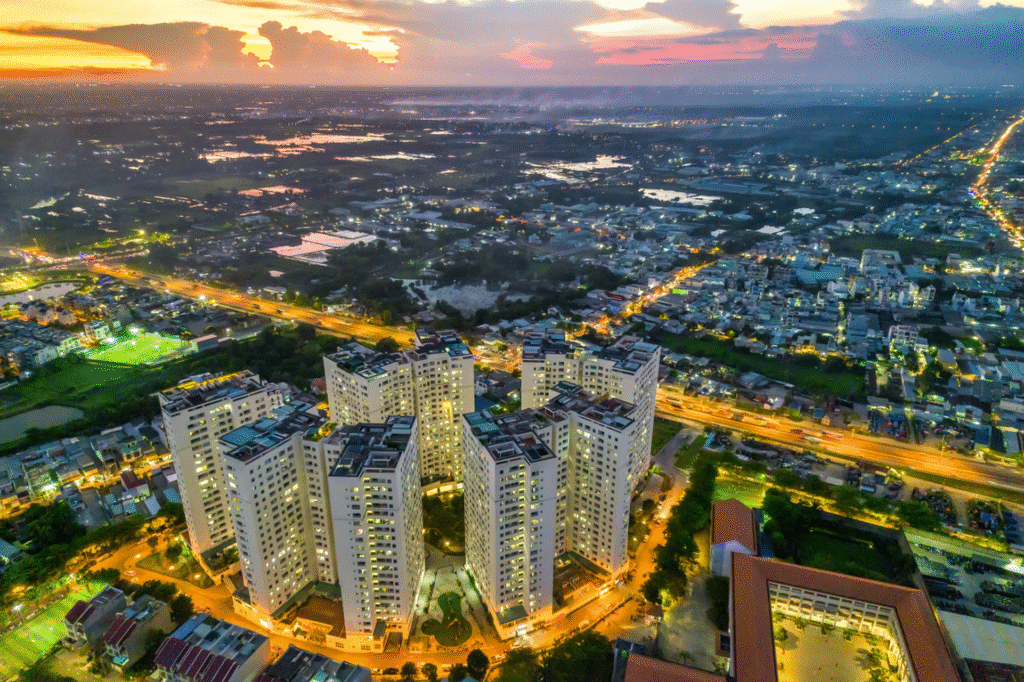After a deep correction and industry turmoil in 2023, Vietnam’s real estate market is gradually emerging from its slump. With macroeconomic rebound, returning foreign capital, and recovering confidence, the sector is showing signs of revival as suspended projects restart and market activity picks up significantly.

According to Vietnam’s General Statistics Office, Q3 2024 GDP grew 7.4% YoY—the fastest quarterly expansion in two years—fueled by export recovery, manufacturing growth, and sustained foreign direct investment, providing solid macroeconomic support for the property market.
CBRE’s latest report reveals that Hanoi’s new residential supply exceeded 19,000 units in the first three quarters of 2024, surpassing 2023’s total and hitting a five-year high. Despite the supply surge, demand remains robust: over 8,000 new homes were sold in Q3 alone, nearly doubling YoY.
Supported by strong demand, Hanoi’s prices continue climbing. The average new home price reached $2,567/sqm in Q3, up 10.5% QoQ and 20.7% YoY. CBRE notes that projects with commercial amenities, prime locations, or proximity to offices/commercial centers command premium prices amid land scarcity.
The secondary market is equally vibrant, with resale home prices averaging $1,840/sqm (up 20.2% YoY), reflecting restored confidence and improved return expectations.
This adjustment cycle began with April 2022’s financial corruption crackdown, when major developer Tan Hoang Minh was exposed for illegal bond issuance. Regulatory tightening subsequently triggered developer debt crises, credit squeezes, and market pessimism.
By mid-2023, liquidity issues worsened. Bloomberg cited VNREA data showing over 1,200 stalled projects nationwide (averaging 20 per province), involving ₫800 trillion (~$32.3 billion) in investments.
In response, Vietnam’s government introduced recovery measures from late 2023, including relaxed bond issuance rules, financing support, and faster approvals. Concurrently, foreign capital—particularly from South Korea, Japan, Singapore, and Hong Kong—has returned, with real estate funds and developers expanding investments.
Analysts highlight Vietnam as one of Southeast Asia’s most promising property markets, with long-term fundamentals supported by demographic dividends, rapid urbanization, and foreign capital inflows. While short-term risks around financial health and regulatory stability persist, the recovery’s groundwork is now visible.




